
Vayeshev: Inside and Out
Far from being selfish about our own "religious ecstasy", Jews committed to Torah want all of mankind to share in that sublime reality...

From this week’s reading until the end of the book of Genesis, the Torah focuses on the struggles and conflicts between Joseph and his brothers. The well-known story always captures our imagination, even though the outcome, for many, is already known. One general observation on this entire section always struck me as puzzling.
Following the stories of the three patriarchs (Abraham, Isaac, and Jacob) and four matriarchs (Sarah, Rebecca, Rachel, and Leah), there is only minor mention of the next generation of the women of the Jewish people. Seemingly, the story focuses almost completely on the sons of Jacob. Is there a possible reason for this change? Secondly, there seems to be a tremendous amount of discussion concerning the brothers and their apparent inability to live harmoniously. Why does this conflict receive so much attention?
I would like to make a disclaimer. I will be making some observations about the roles of men and women in Judaism. It would fair to assert that my view is a male one and possibly, not without biases. I would agree with you if you feel that way but I will try my best to be sensitive to the topic.
 Let’s start our discussion with a story. There’s a famous tale about the early years of the founder of the Chassidic movement, the Baal Shem Tov. The story goes that the Baal Shem Tov was born at the same time and same place as another great tzaddik (righteous person). Before coming to the world, they agreed (I don’t know what this means exactly but the reality of the truly righteous is beyond my understanding anyway) not to bother their respective mothers by crying. The Baal Shem Tov said that he was only partially successful since he wouldn’t cry while in his mother’s presence but was unable to hold back when she left the house. The neighbors would report this to his mother, which caused her distress. On the other hand, the other child was able to withhold his tears at all times, allowing the mother more peace of mind. The Baal Shem Tov concluded that since his friend was able to refrain from causing anguish to his mother, he was blessed with the good fortune of remaining a hidden tzaddik. The Baal Shem Tov himself lamented his fate saying that since he ended up causing his mother distress, he was “punished” by being placed in the public eye and ultimately becoming famous.
Let’s start our discussion with a story. There’s a famous tale about the early years of the founder of the Chassidic movement, the Baal Shem Tov. The story goes that the Baal Shem Tov was born at the same time and same place as another great tzaddik (righteous person). Before coming to the world, they agreed (I don’t know what this means exactly but the reality of the truly righteous is beyond my understanding anyway) not to bother their respective mothers by crying. The Baal Shem Tov said that he was only partially successful since he wouldn’t cry while in his mother’s presence but was unable to hold back when she left the house. The neighbors would report this to his mother, which caused her distress. On the other hand, the other child was able to withhold his tears at all times, allowing the mother more peace of mind. The Baal Shem Tov concluded that since his friend was able to refrain from causing anguish to his mother, he was blessed with the good fortune of remaining a hidden tzaddik. The Baal Shem Tov himself lamented his fate saying that since he ended up causing his mother distress, he was “punished” by being placed in the public eye and ultimately becoming famous.
This folksy type of Chassidic story has, like all good Chassidic stories, an important moral. Privacy and a sense of communion with the Creator is a reality which reflects a very sublime reality not easily achieved. The Baal Shem Tov bemoaned his fate, that due to his crying he suffered a loss, to some degree, of a private connection with Hashem. Undoubtedly, an intellectual awareness of Hashem is essential as a basis of connecting to the truth of the Creator but the personal relationship that a person can develop with Him transcends time and space and compares to no other pleasure in this world. However, far from being selfish about our own “religious ecstasy”, Jews committed to Torah want all of mankind to share in that sublime reality.
In order to share and impart these truths to the world, the Jewish people need two types of consciousness. First, those that can share the awareness of the uniqueness of the Creator with the world-at-large. Especially in ancient times, paganism and idolatry were rampant and there was a battle against the emptiness of these ideologies. On the other hand, it was essential to develop and maintain the deep connection which would be the heart and anchor of the Jewish experience. Without this profound spiritual connection, the wellsprings of the Jewish people would run dry and the internal beauty could never be reflected to others. These two aspects, the “inside and out” – the private world of spiritual connection and the imparting and spreading the truth of the Torah to the outside world – are an essential combination in order for mankind to recognize and appreciate the truth and beauty of Hashem and His Torah.
In general, the women of the Jewish people were the bearers of the inner fire and passion of a bond with Hashem. The Torah doesn’t mention the daughters of Jacob possibly because this private connection can’t be, and, in a certain way, shouldn’t be mentioned. It’s too personal. It’s too precious. Maybe this is why the Torah doesn’t mention the next generation of women after the matriarchs.
Conversely, the sons of Jacob were called upon to impart the message of Hashem’s oneness in the world. But that would only be possible only if there would be unity. Otherwise how can they transmit the idea of the oneness of Hashem and His world if there is no unity between them. How can they show that all of mankind is essential for the ultimate perfection of this world if members of their own family are excluded from the Jewish people. This might be the reason the Torah elaborates about the struggles of the sons of Jacob since their message of unity and oneness of Hashem could only be imparted if they reflected that truth within their community.
In short, the messages of deep emotional and spiritual connection to Hashem typified by the Jewish women, along with the goal of living a life of unity and sharing that message with the world that Jacob’s sons struggled for, is very much the message of this and subsequent weekly readings. Of course, there were overlaps between the inner dimension reflected by the Jewish women and the outer challenges of the Jewish men but, in general, this is the picture of the developing Jewish people throughout the latter part of the book of Genesis.
The bottom line is that both men and women have their own unique talents and gifts and are called upon by their Creator to maximize those gifts. This “partnership” is the basis of their own perfection, of the Jewish people, and of the world.
* * *
Rabbi Dovid Charlop is on the teaching staff of the Neve Tzion Yeshiva in Telzstone, Israel.






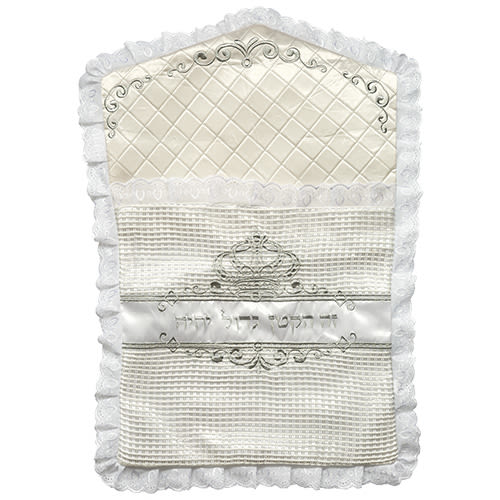
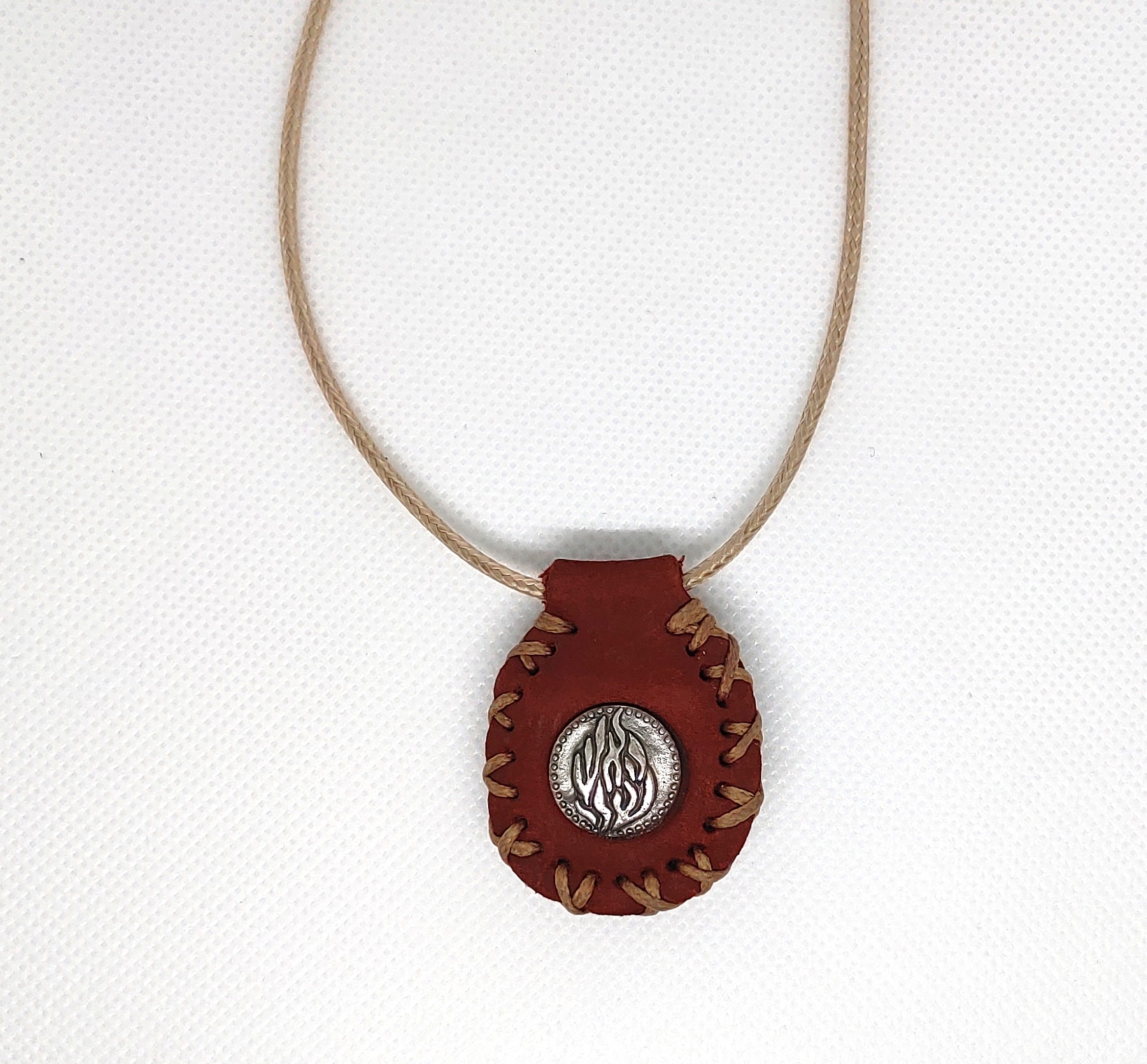
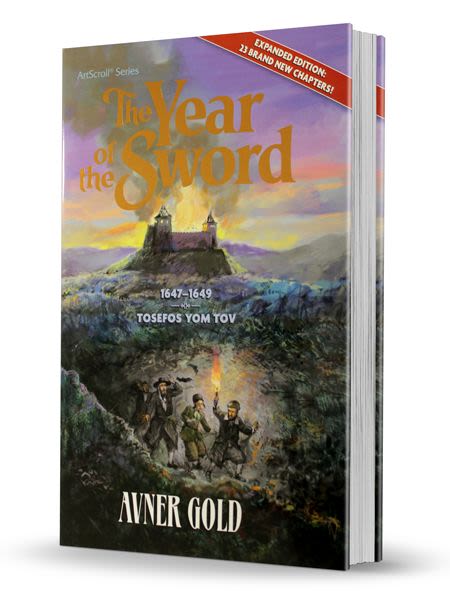
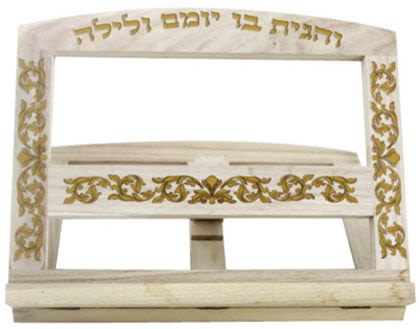
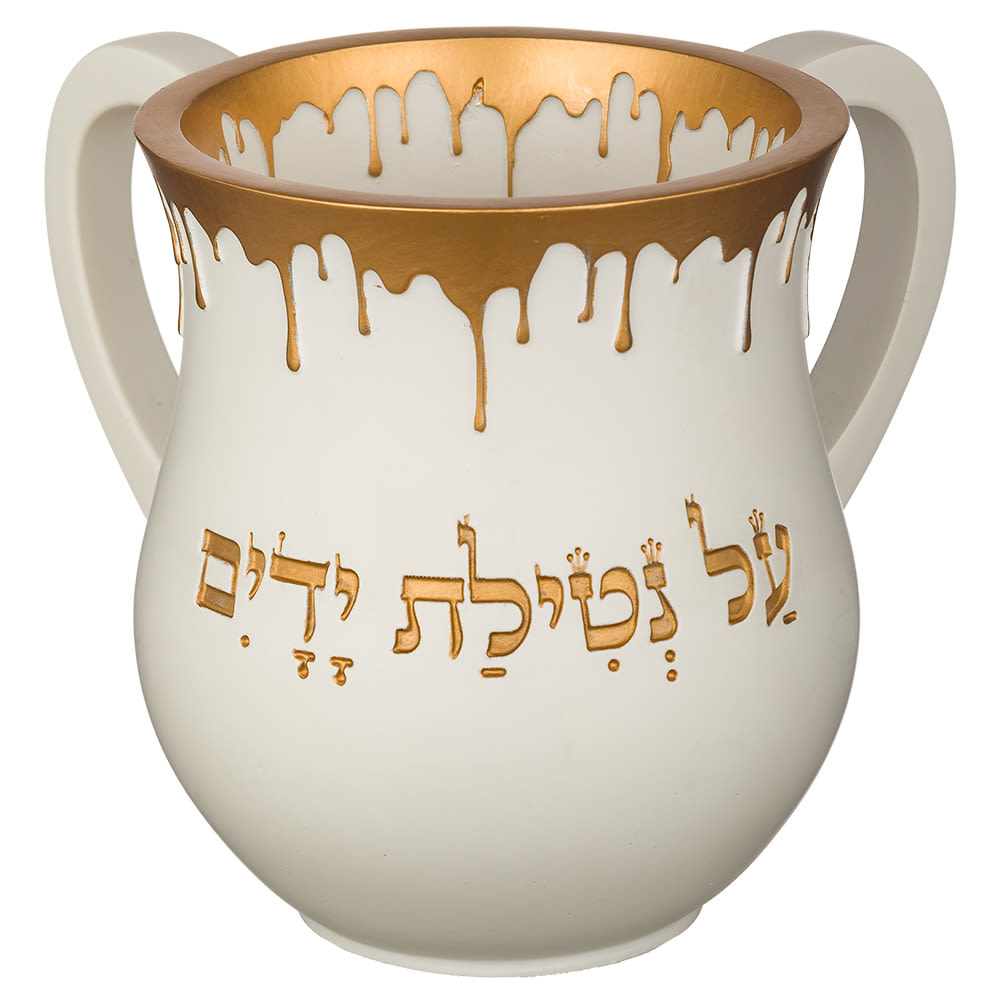
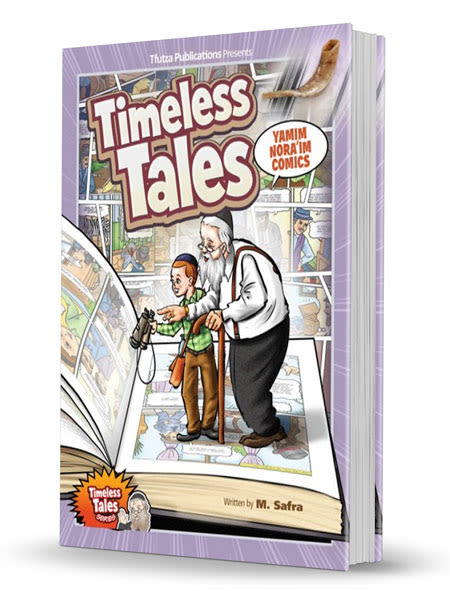
Tell us what you think!
Thank you for your comment!
It will be published after approval by the Editor.